Google Calendar 2025: A Comprehensive Overview of the Future of Time Management
Related Articles: Google Calendar 2025: A Comprehensive Overview of the Future of Time Management
- Blank Calendar For 2025: A Comprehensive Guide To Planning And Organization
- September 2025: Calendar Of Catholic Feast Days
- April 2025 Calendar UK
- Harley-Davidson 2025 Wall Calendar: A Timeless Tribute To The American Icon
- Calendario 2025 Ourense: A Comprehensive Guide
Introduction
In this auspicious occasion, we are delighted to delve into the intriguing topic related to Google Calendar 2025: A Comprehensive Overview of the Future of Time Management. Let’s weave interesting information and offer fresh perspectives to the readers.
Table of Content
Video about Google Calendar 2025: A Comprehensive Overview of the Future of Time Management
Google Calendar 2025: A Comprehensive Overview of the Future of Time Management
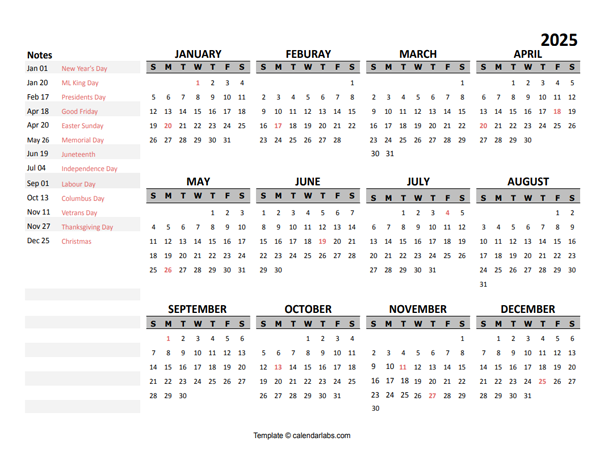
Introduction
In the rapidly evolving landscape of technology, Google Calendar has emerged as an indispensable tool for individuals and organizations alike. As we approach the year 2025, Google Calendar is poised to undergo a transformative evolution, empowering users with unprecedented capabilities and revolutionizing the way we manage our time. This comprehensive overview will delve into the anticipated features, benefits, and potential impact of Google Calendar 2025.
Enhanced AI Integration
Artificial intelligence (AI) is rapidly transforming various aspects of our lives, and Google Calendar is no exception. In 2025, Google Calendar will be deeply integrated with advanced AI algorithms, enabling it to provide users with personalized and proactive assistance. The AI-powered features will include:
-
Smart Scheduling: Google Calendar will leverage AI to analyze users’ schedules, preferences, and historical data to suggest optimal meeting times and locations. It will also automatically schedule appointments and tasks based on availability and priorities.
-
Personalized Notifications: Google Calendar will use AI to deliver tailored notifications that are relevant to users’ individual needs. For example, it may send reminders about upcoming deadlines, important meetings, or events that align with their interests.
-
Intelligent Task Management: Google Calendar will integrate with other Google Workspace applications, such as Gmail and Tasks, to create a seamless task management system. AI will prioritize tasks, suggest deadlines, and even automate certain tasks based on users’ preferences.
Immersive Virtual Experiences
With the rise of virtual and augmented reality (VR/AR) technologies, Google Calendar is expected to embrace these advancements to enhance the user experience. In 2025, Google Calendar may incorporate the following VR/AR features:
-
Virtual Meeting Rooms: Google Calendar will allow users to create and join virtual meeting rooms where they can collaborate with colleagues or clients in a fully immersive environment. These rooms will feature customizable backgrounds, realistic avatars, and spatial audio.
-
AR Event Previews: Google Calendar will leverage AR technology to provide users with a preview of upcoming events in their real-world environment. For example, users may be able to scan a QR code on a meeting invitation to visualize the location and layout of the meeting room.
-
Interactive Timelines: Google Calendar will introduce interactive timelines that allow users to drag and drop events, tasks, and notes in a virtual space. This will provide a more intuitive and engaging way to manage schedules and track progress.
Enhanced Collaboration and Integration
Collaboration is essential in today’s workplace, and Google Calendar 2025 will offer a range of features to facilitate seamless collaboration among teams and organizations. These features may include:
-
Shared Calendars with Fine-Grained Permissions: Google Calendar will allow users to share calendars with others and grant them specific permissions, such as view-only access or the ability to edit events. This will enhance collaboration while maintaining data security.
-
Integrated Communication Tools: Google Calendar will integrate with other Google Workspace communication tools, such as Chat and Meet, allowing users to quickly message or video call attendees directly from within the calendar interface.
-
Organization-Wide Event Management: Google Calendar will provide administrators with enhanced tools to manage events across the organization. They will be able to create recurring events, set up event templates, and enforce event policies to ensure consistency and efficiency.
Data Security and Privacy
As the amount of personal and sensitive information stored in digital calendars increases, data security and privacy become paramount. Google Calendar 2025 will prioritize these concerns with the following measures:
-
Enhanced Encryption: Google Calendar will employ advanced encryption technologies to protect user data from unauthorized access, both in transit and at rest.
-
Two-Factor Authentication: Google Calendar will require users to enable two-factor authentication for added security. This will prevent unauthorized access even if a user’s password is compromised.
-
Data Minimization: Google Calendar will minimize the collection and storage of personal data to only what is necessary for its operation. Users will have control over their data and can choose to delete or export their data at any time.
Potential Impact
The transformative features of Google Calendar 2025 are expected to have a profound impact on individuals and organizations alike. These potential impacts include:
-
Increased Productivity: AI-powered scheduling, task management, and collaboration features will streamline workflows and enhance productivity. Users will be able to save time, reduce stress, and focus on more strategic tasks.
-
Improved Collaboration: Enhanced collaboration features will foster seamless teamwork and enable organizations to execute projects more efficiently. Shared calendars, integrated communication tools, and organization-wide event management will break down silos and promote a collaborative work environment.
-
Reduced Travel and Environmental Impact: Virtual meeting rooms and AR event previews will reduce the need for physical meetings and travel, resulting in cost savings and a reduced environmental footprint.
-
Personalized Time Management: AI-powered notifications and personalized recommendations will empower users to manage their time more effectively and prioritize tasks that align with their individual goals and priorities.
Conclusion
Google Calendar 2025 is poised to revolutionize the way we manage our time. With its advanced AI integration, immersive virtual experiences, enhanced collaboration features, and robust data security measures, Google Calendar will become an indispensable tool for individuals and organizations seeking to optimize their schedules, streamline collaboration, and achieve their goals. As we approach the year 2025, the transformative potential of Google Calendar is limitless, and its impact on our personal and professional lives is eagerly anticipated.
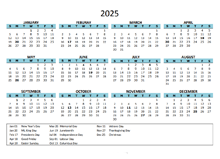
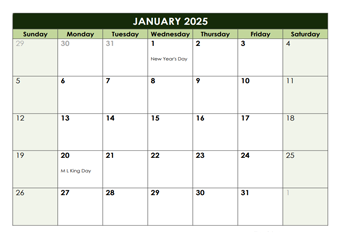
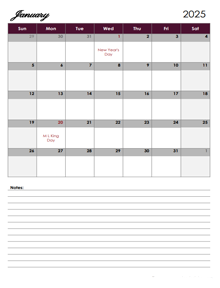

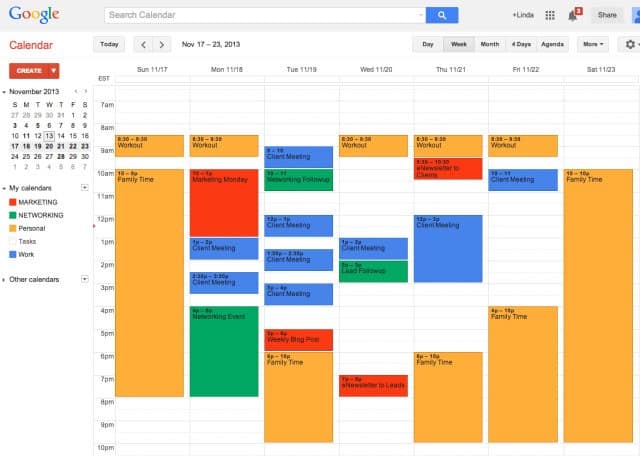
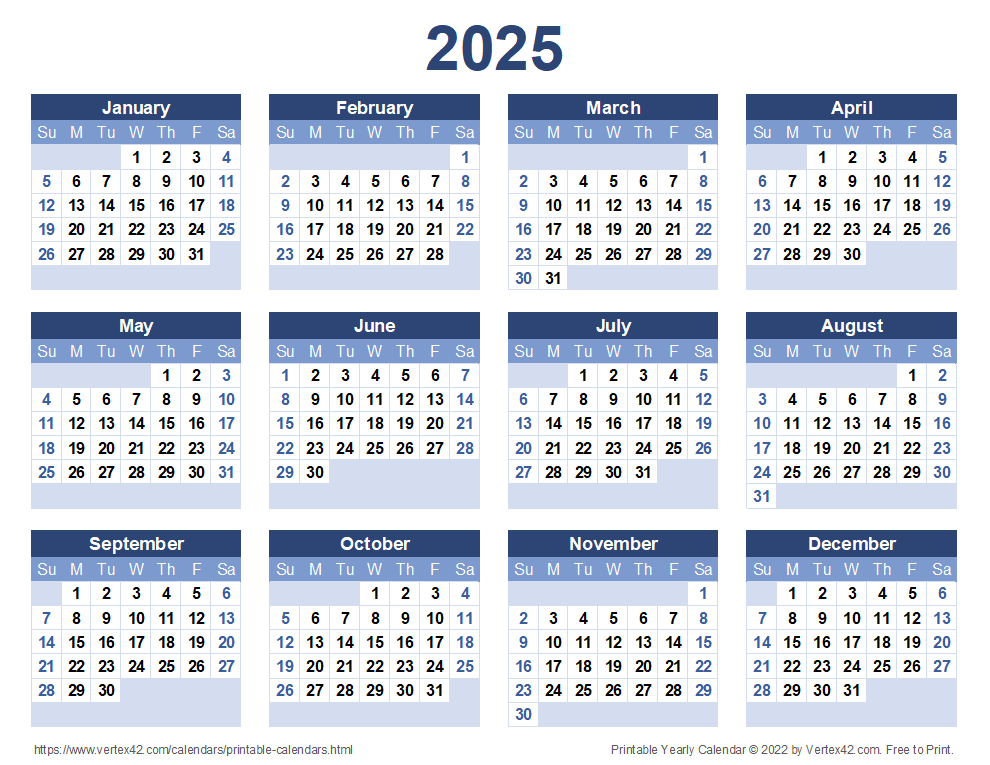

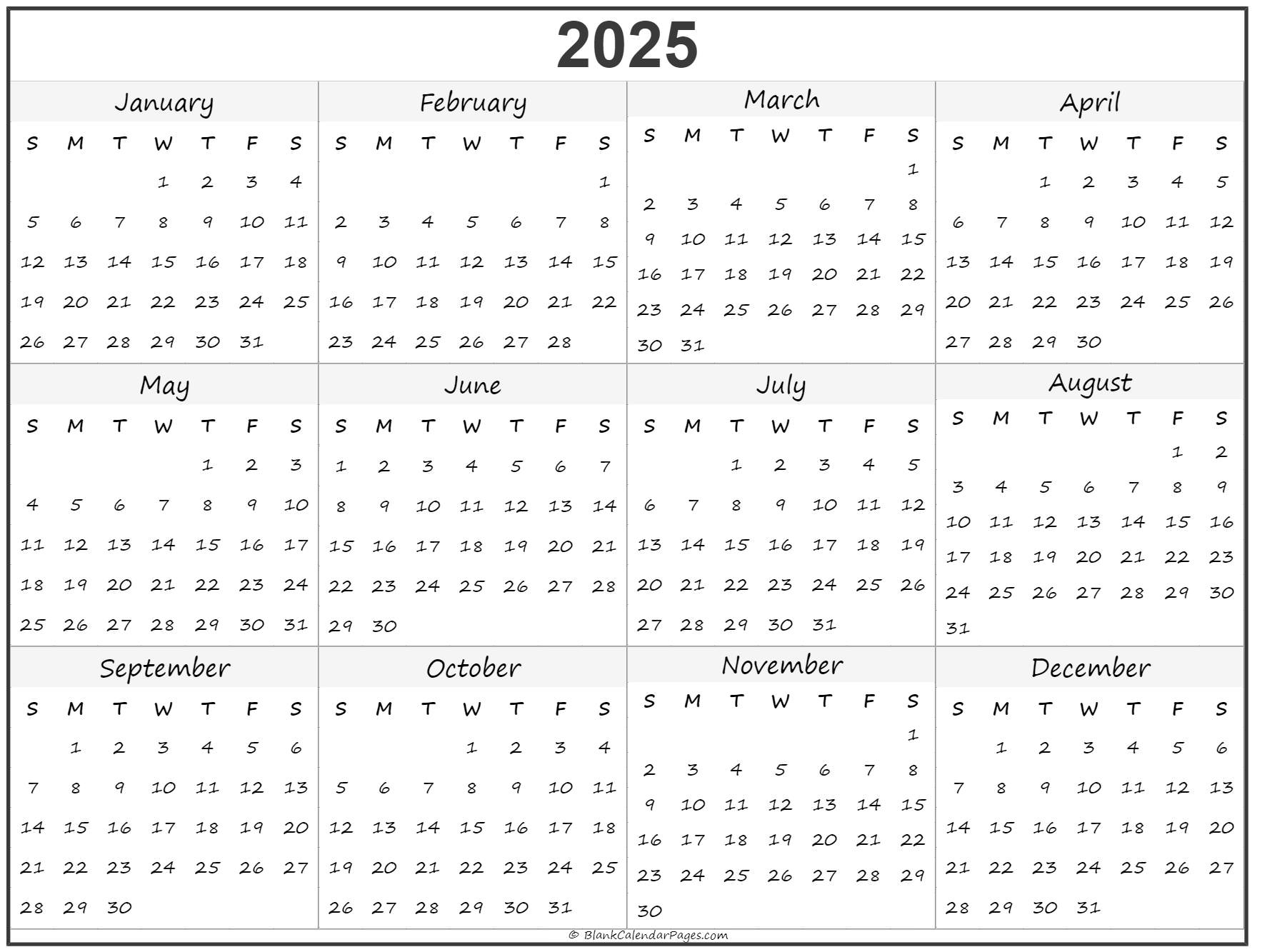
Closure
Thus, we hope this article has provided valuable insights into Google Calendar 2025: A Comprehensive Overview of the Future of Time Management. We appreciate your attention to our article. See you in our next article!